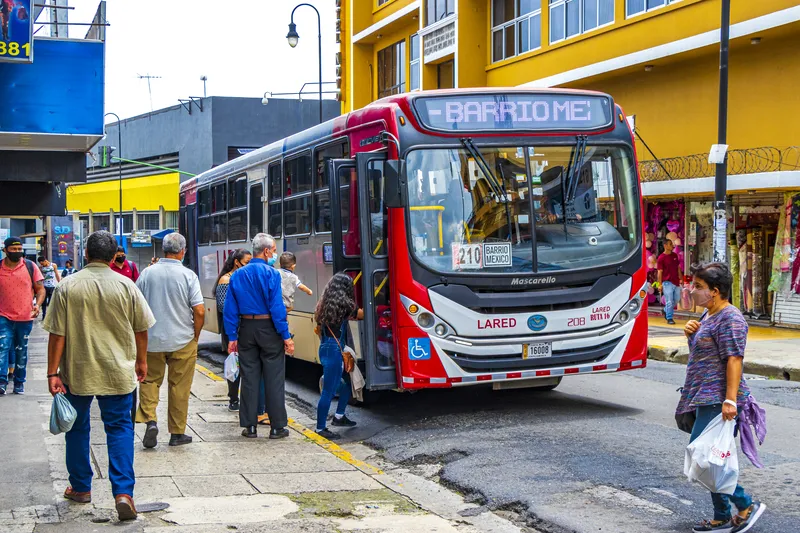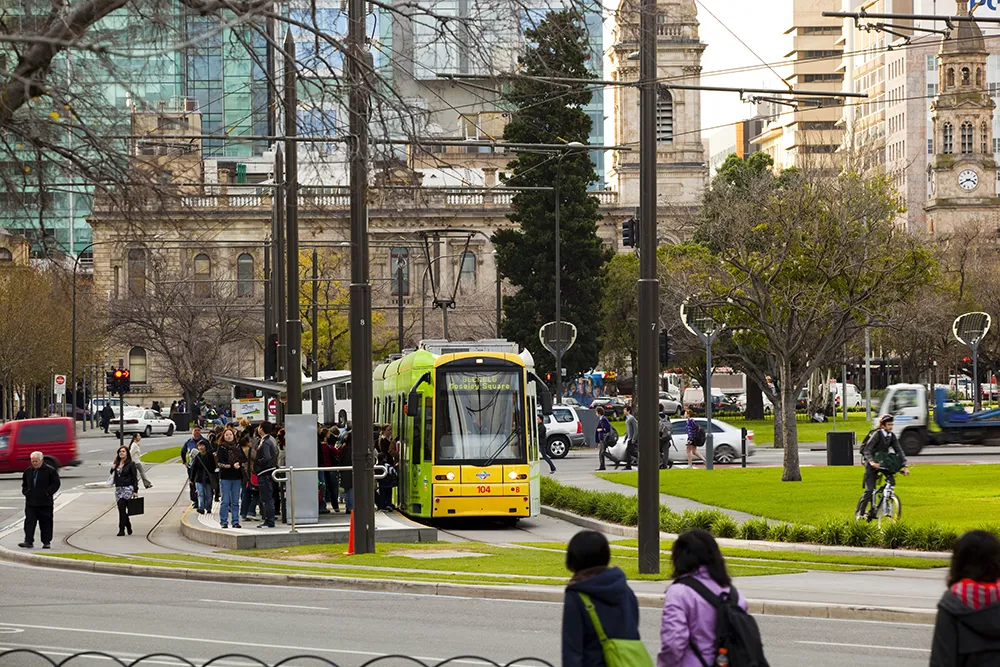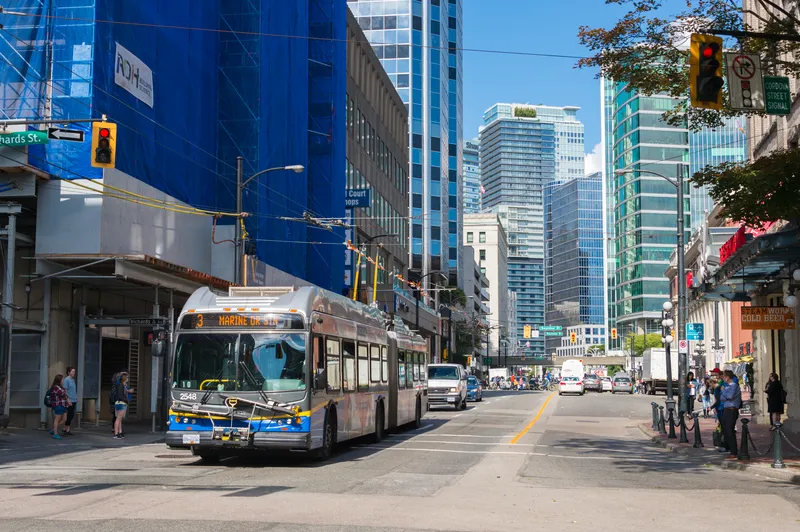A move by Transport for London (TfL) to modernise the London Underground, including the loss of 950 jobs and the closure of all ticket offices has led to the widespread strikes currently being experienced by travellers.
The National Union of Rail, Maritime and Transport Workers (RMT) has called for the withdrawal of the cuts, saying that the plans are discriminatory and would leave important groups of staff vulnerable to abuse and assault as enforced lone working is pushed through.
TfL claims the meas
February 5, 2014
Read time: 2 mins
A move by 1466 Transport for London (TfL) to modernise the London Underground, including the loss of 950 jobs and the closure of all ticket offices has led to the widespread strikes currently being experienced by travellers.
The National Union of Rail, Maritime and Transport Workers (RMT) has called for the withdrawal of the cuts, saying that the plans are discriminatory and would leave important groups of staff vulnerable to abuse and assault as enforced lone working is pushed through.
TfL claims the measures are needed to modernise systems and save US$81 million a year and said that 82 per cent of Londoners backed the ticket office changes. However, a survey of 1,000 tube users for the RMT showed that most passengers believed the strike was justified, with two thirds concerned at ticket office closures and almost nine out of ten saying the mayor should speak directly to the unions.
London Underground Managing Director, Mike Brown, said: “We’re committed to implement these changes without compulsory redundancies and there’ll be a job for everyone at LU who wants to work for us and be flexible.”
He also committed to keeping all stations staffed and controlled at all times with more staff visible to help customers; more staff in ticket halls and on platforms to help customers buy the right ticket, plan their journeys and to keep them safe and secure; a new 24-hour service at weekends from 2015; and simpler ticketing such as contactless bank card payment.
As the strike action continues,6674 The Institution of Engineering and Technology (IET) considers the future of totally driverless trains on the London Underground, saying technology has and will continue to transform our journeys underground. Over recent years, travelling on the London Underground has been transformed by noticeable changes in technology, for example with the introduction of the Oyster card and wi-fi on station platforms as well as the introduction of new rolling stock. Other changes are less obvious, such as the introduction of automated driving systems on the Central and Jubilee Lines which gives a more frequent service to the passenger. Fare collection innovation will continue with contactless payment using bank cards just around the corner.
The National Union of Rail, Maritime and Transport Workers (RMT) has called for the withdrawal of the cuts, saying that the plans are discriminatory and would leave important groups of staff vulnerable to abuse and assault as enforced lone working is pushed through.
TfL claims the measures are needed to modernise systems and save US$81 million a year and said that 82 per cent of Londoners backed the ticket office changes. However, a survey of 1,000 tube users for the RMT showed that most passengers believed the strike was justified, with two thirds concerned at ticket office closures and almost nine out of ten saying the mayor should speak directly to the unions.
London Underground Managing Director, Mike Brown, said: “We’re committed to implement these changes without compulsory redundancies and there’ll be a job for everyone at LU who wants to work for us and be flexible.”
He also committed to keeping all stations staffed and controlled at all times with more staff visible to help customers; more staff in ticket halls and on platforms to help customers buy the right ticket, plan their journeys and to keep them safe and secure; a new 24-hour service at weekends from 2015; and simpler ticketing such as contactless bank card payment.
As the strike action continues,










